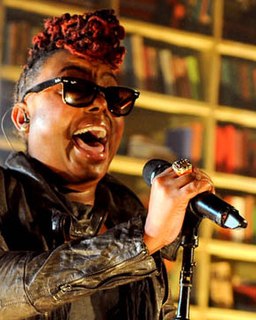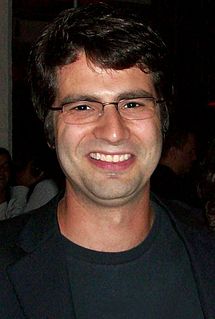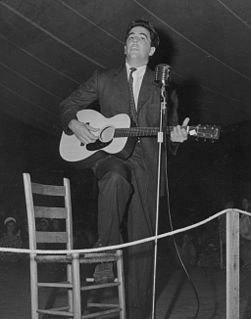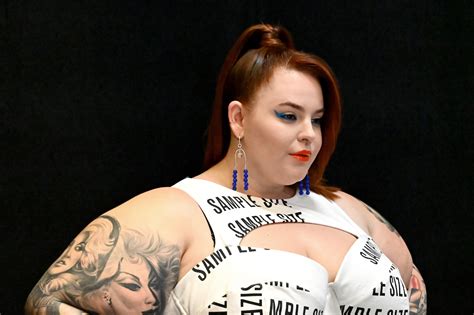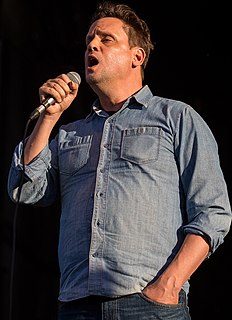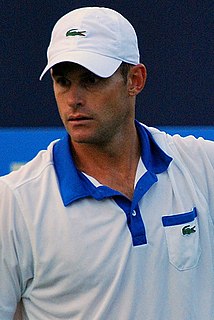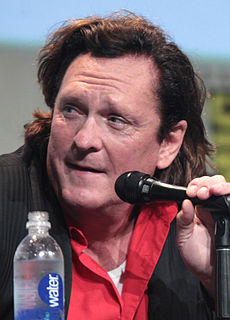A Quote by Cecile McLorin Salvant
I think when black performers performed in blackface, they were kind of taking back slave songs, but it was still a little bit iffy because they were performing, a lot of times, for white audiences who found it hilarious.
Related Quotes
There was a Yale even before Larry [Kramer] and I got there, and there were three designations of students: "white shoe," "brown shoe," and "black shoe." "White shoe" people were kind of the ur-preppies from high-class backgrounds. "Brown shoe" people were kind of the high school student-council presidents who were snatched up and brushed up a little bit to be sent out into the world. "Black shoe" people were beyond the pale. They were chemistry majors and things like that.
The strange thing about my life is that I came to America at about the time when racial attitudes were changing. This was a big help to me. Also, the people who were most cruel to me when I first came to America were black Americans. They made absolute fun of the way I talked, the way I dressed. I couldn't dance. The people who were most kind and loving to me were white people. So what can one make of that? Perhaps it was a coincidence that all the people who found me strange were black and all the people who didn't were white.
I would say I'm black because my parents said I'm black. I'm black because my mother's black. I'm black because I grew up in a family of all black people. I knew I was black because I grew up in an all-white neighborhood. And my parents, as part of their protective mechanisms that they were going to give to us, made it very clear what we were.
In 1990, when we started the Black Community Crusade for Children, we were always talking about all children, but we paid particular attention to children who were not white, who were poor, who were disabled, and who were the most vulnerable.Parents didn't think their children would live to adulthood, and the children didn't think they were going to live to adulthood. That's when we started our first gun-violence campaign. We've lost 17 times more young black people to gun violence since 1968 than we lost in all the lynching in slavery.
Maybe I was just born in the wrong era, man. I'm a bit of a throwback to the days of black and white movies. Those guys back then, they had a certain kind of directness about them. A lot of the screenplays, the plots were very simplistic - they gave rise to a type of anti-hero that maybe I suit better.
We had staffed up to do 'Doom 4' internally in parallel with 'Rage'. We also had our mobile and 'Quake Live' departments. We were taking a lot of steps to kind of provide a little bit more scope and protection for ourselves. And we certainly were listening to offers from all the majors about acquisition.
Families that I lived with a little bit in junior high and quite a bit in high school and college. Just to have a safe, sane space with food and things like that. That's what I needed. And people were really kind and really generous. So I think the world kind of opened up my first years of performing arts, studying classical saxophone with Caesar DiMauro.
All my playmates were black. I lived in a little community called Archery (ph) in a rural area. And I didn't have any white neighbors at all. So all my kids with whom I fought and wrestled and went fishing and worked in the field and so forth were African-Americans. And that was my life. So when I got to be school age, we had to separate during the daytime, but I always felt like I was in an alien environment when I was in Plains, Georgia with white kids. I was eager to get back where I belonged with my black playmates.
When we were doing shows in the mid-'90s, the audiences were 95% black. What's happened now is the gentrification of hip-hop. A lot of cities passed ordinances that made it hard for black audiences to gather in large groups. Clubs are more open to hip-hop now 'cause it's the same crowd that goes to rock shows.
I think initially, our audiences were filled with young men. You know, our initial audience was a lot of young guys who I think were trying to - who you played a bit of a big brother role for and were trying to sort out a lot of the same things right - soon as "Born To Run" hit, you know? So it was something that I worked pretty hard on.

